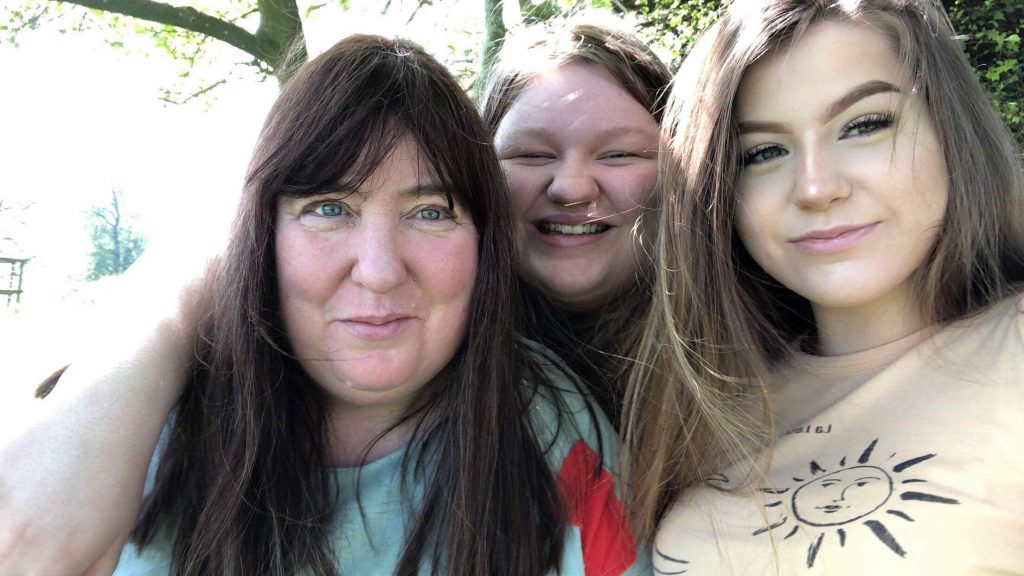
I have mentioned in a previous blog the amount of stress parents face when parenting a child with Autism, but it is not just the parents who can suffer stress. Siblings also can feel the effects of having a brother or sister with Autism. Siblings can feel a whole range of emotions. They may go through periods of feeling embarrassed of their sibling, or resentful, or even angry. Some siblings go through times where they feel depressed, isolated and not valued. As parents this can be tough to deal with. We know from the research that Autism can ‘consume’ us (Cashin, 2004) and take over our life. Every conversation, thought, even breath becomes about Autism. We try hard to connect with the autistic world, but we have to be careful not to disconnect from the NT world. Like explorers we venture in to a new world, but we can’t stay there, we need to have a foot in both worlds.
I realised this whilst writing my dissertation, I myself had been consumed by all things autistic. I was in the last throws of completing two years’ worth of research and work with the deadline fast approaching. I was writing about storytelling and about how through stories we can help people see a hidden disability, but I was not seeing what was in front of me. My non-autistic daughter was complaining at me and it was a moment of enlightenment and self-reflection for me. In fact it ended up as part of my dissertation!
I wrote:
“All good stories, however, have a twist in the tale, and mine is no different. As I sat with my 13 year-old (non-autistic) daughter and listened to her complain about the disdain of living in a house where autism rules and we are consumed by the demandingness, rituals and tantrums of her sister. I thought to myself ‘Tell me your story?’ How do you see the world? At 13 her life is complicated with hormones, teenage angst and the need to wear the ‘right’ trainers. She was having her own tantrum, and communicating with me her own upset. She reminds me that whilst connecting with the autistic we need to be careful not to disconnect from the non-autistic, to take note of the research, and not be so consumed that we overlook the ‘normal’. After all there are always two sides to every story.”
From: ‘Storytelling as a tool to increase understanding of Autism in wider family’ Corrina Wood
What can we do?
We need to explain autism to them, this might depend on age of the sibling, but make it age appropriate and in a format they can understand. There are lots of good books out there that can help with this. Give them practical strategies on how to interact with their siblings if necessary.
Allow them to express their feelings so that resentment doesn’t build up. We might not always like to hear the negatives, and this may lead to us dismissing it. It is OK that they feel like this, living with Autism is tough at times. Validate their feelings.
Some siblings take on a caring role. One of mine used to take care of their younger sibling at school during break times, cute in one way, but actually she needed to be with her own peers and developing her own social skills. Tell them that it is your job as parent to protect them and care for their sibling.
Our expectations may be higher on our non-autistic children. We may expect them to be able to be more independent, manage their emotions better. Just make sure these are realistic. Remember that they might need support to manage their emotions too.
Be mindful of whether they feel OK about bringing friends home, and talk to them about this. Is there an alternative so they don’t miss out?
And finally, make them feel special too. If at all possible (and I know this can be tricky) but spend some one to one time with them. Really get to know them and build that relationship with them. This will make them feel valued and improve their self-esteem.
But, it is not just parents who need to be aware of this. Professionals working with families where there is a child with Autism need to understand the complexity of relationships within those families. What causes the stress and the impact this has on ‘family’. I am delivering training to professionals in England and Wales that I hope will help inform their practice and change the way families are supported.
Next session: January 2020, Patchway, Bristol. Autism in the Family. Contact: corrina@platypustraining.org for more details.

